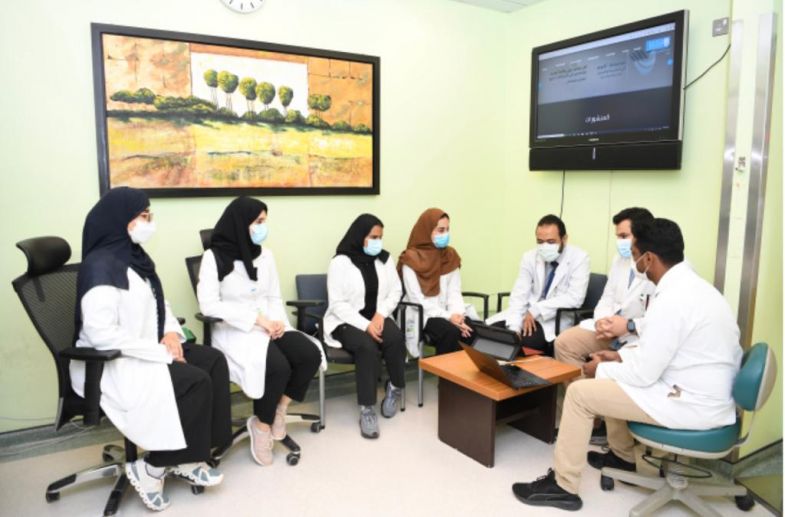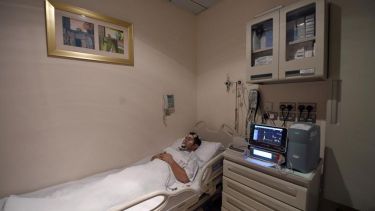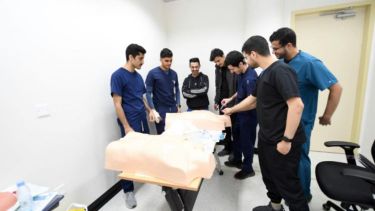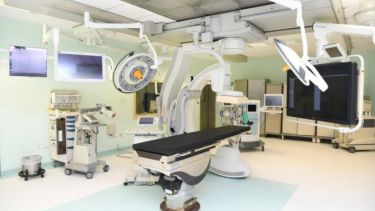
King Saud University runs 121 postgraduate programmes for more than 1,700 trainees each academic year
Faculty expertise and investment in trainees set King Saud University’s College of Medicine apart from other institutions, says Riyadh Alsehli, director of postgraduate medical education at the Saudi university.
“We have more than 500 faculty, and they’ve all been trained in the best medical centres in the world,” he explains. “That’s definitely reflected in the quality of teaching that we provide to our trainees, the expertise that we transfer to other colleagues, and the way that we design and manage our programmes.”
The university has an established scholarship programme that runs across all colleges. The scholarship allows faculty to gain international experience and expertise and benefits the medical faculty, who are often able to specialise and gain practical knowledge in some of the best institutions and hospitals in the US, Canada and Europe.
“When they return, they come back as highly qualified individuals and ready to start their careers here as professors in the university,” says Alsehli, who himself was a beneficiary of the scholarship programme. “They are highly specialised, highly qualified individuals, and we can see that reflected not just in academic services, but also their patient care,” he says.
Many faculty members have additional qualifications in areas such as medical education, business administration, health economics, hospital administration, healthcare management, research methodology and clinical epidemiology.
Their range of skills allows the college to offer 121 postgraduate fellowship programmes, many of which are unique, Alsehli says. For example, the college runs programmes on obstetric anaesthesia, foot and ankle surgery, and interstitial lung disease, which are niche areas of medicine. In total, the college runs 40 programmes that are unique to the region and only offered by King Saud University
“We’re the largest training centre in the region in terms of the number of programmes,” Alsehli says. The college also has one of the largest postgraduate cohorts in the region, with about 1,700 trainees in one academic year. The university offers training opportunities to individuals from all training centres across Saudi Arabia and the Gulf region.
“We invest in our trainees because they are the ones who will lead in the future,” Alsehli says. The college also recruits many of its trainees as potential faculty members, he says. “We recruit them permanently as faculty in the future – it’s a long-term investment.”
To ensure the success of that investment the college has a specialised trainee support unit. In the past two years, it has conducted more than 500 consultations with trainees, Alsehli says. “We give them the support they need, whether it’s psychological or professional support, career planning or counselling – all of that.” The centre is now looking to expand its services to other trainees at other training centres.
Going forward, the college plans to expand its collaborations with other institutions locally and internationally. Such collaborations could “expand our capacity to train, expand our programmes, and enrich our programmes with different skills and different approaches”, Alsehli concludes.
Find out more about the College of Medicine at King Saud University.




